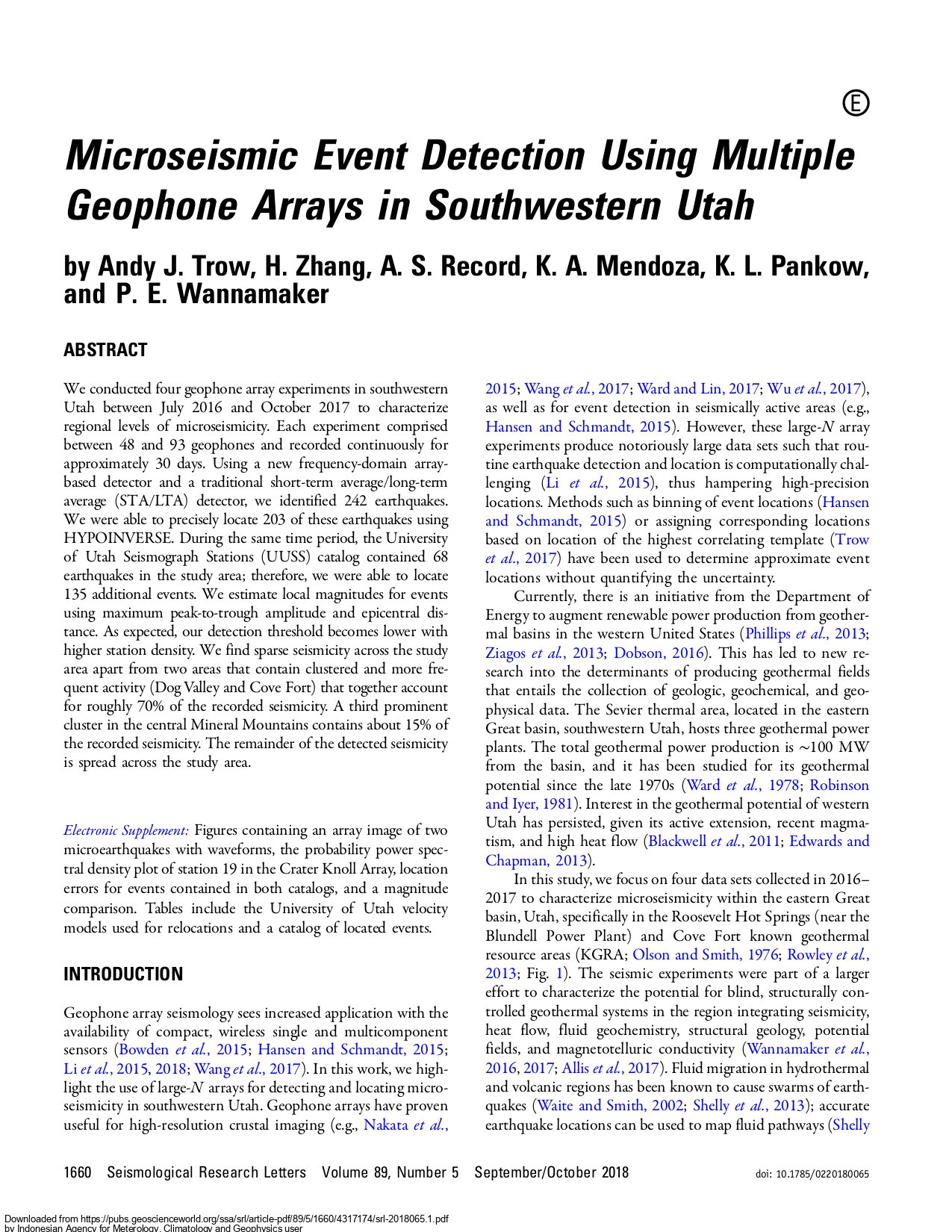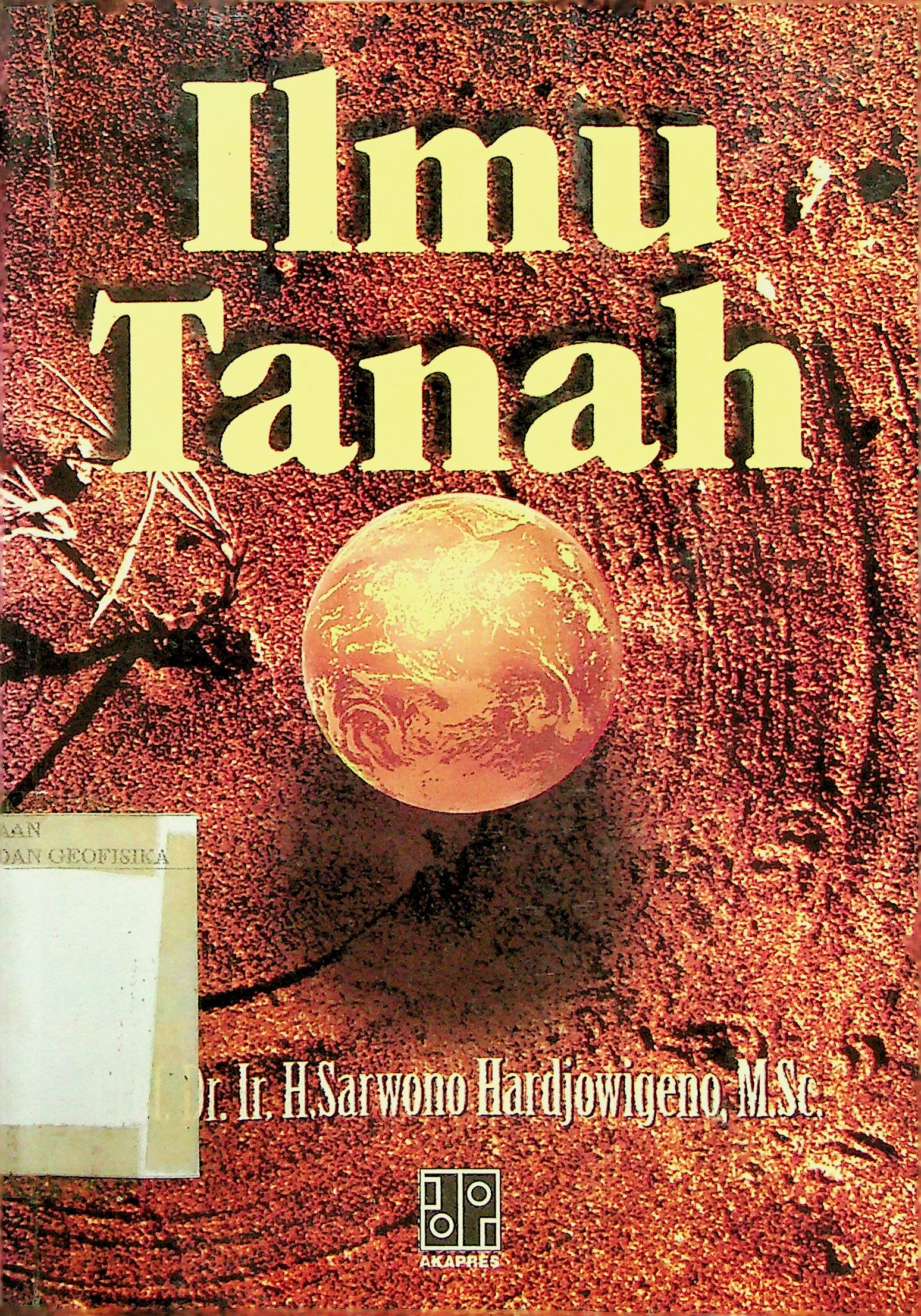We conducted four geophone array experiments in southwestern Utah between July 2016 and October 2017 to characterize regional levels of microseismicity. Each experiment comprised between 48 and 93 geophones and recorded continuously for approximately 30 days. Using a new frequency-domain arraybased detector and a traditional short-term average/long-term average (STA/LTA) detector, we identified 242 earthquakes. We were able to precisely locate 203 of these earthquakes using HYPOINVERSE. During the same time period, the University of Utah Seismograph Stations (UUSS) catalog contained 68 earthquakes in the study area; therefore, we were able to locate 135 additional events. We estimate local magnitudes for events using maximum peak-to-trough amplitude and epicentral distance. As expected, our detection threshold becomes lower with higher station density. We find sparse seismicity across the study area apart from two areas that contain clustered and more frequent activity (Dog Valley and Cove Fort) that together account for roughly 70% of the recorded seismicity. A third prominent cluster in the central Mineral Mountains contains about 15% of the recorded seismicity. The remainder of the detected seismicity is spread across the study area.
5
Microseismic Event Detection Using Multiple Geophone Arrays in Southwestern Utah
Andy J. Trow et al.
Penerbit :
Seismological Research Letters
Tahun :
2018
epaper
Geofisika
-
No Scan-
-
No Klasifikasi551.22
-
ISBN-
-
ISSN-
-
No Registrasi-
-
Lokasi TerbitUnited States
-
Jumlah Hal11
-
Label-
-
Versi DigitalTIDAK
-
Versi FisikTIDAK
-
Lokasi Rak Buku Fisik//
-
Jumlah Exemplar Fisik Tersedia-




